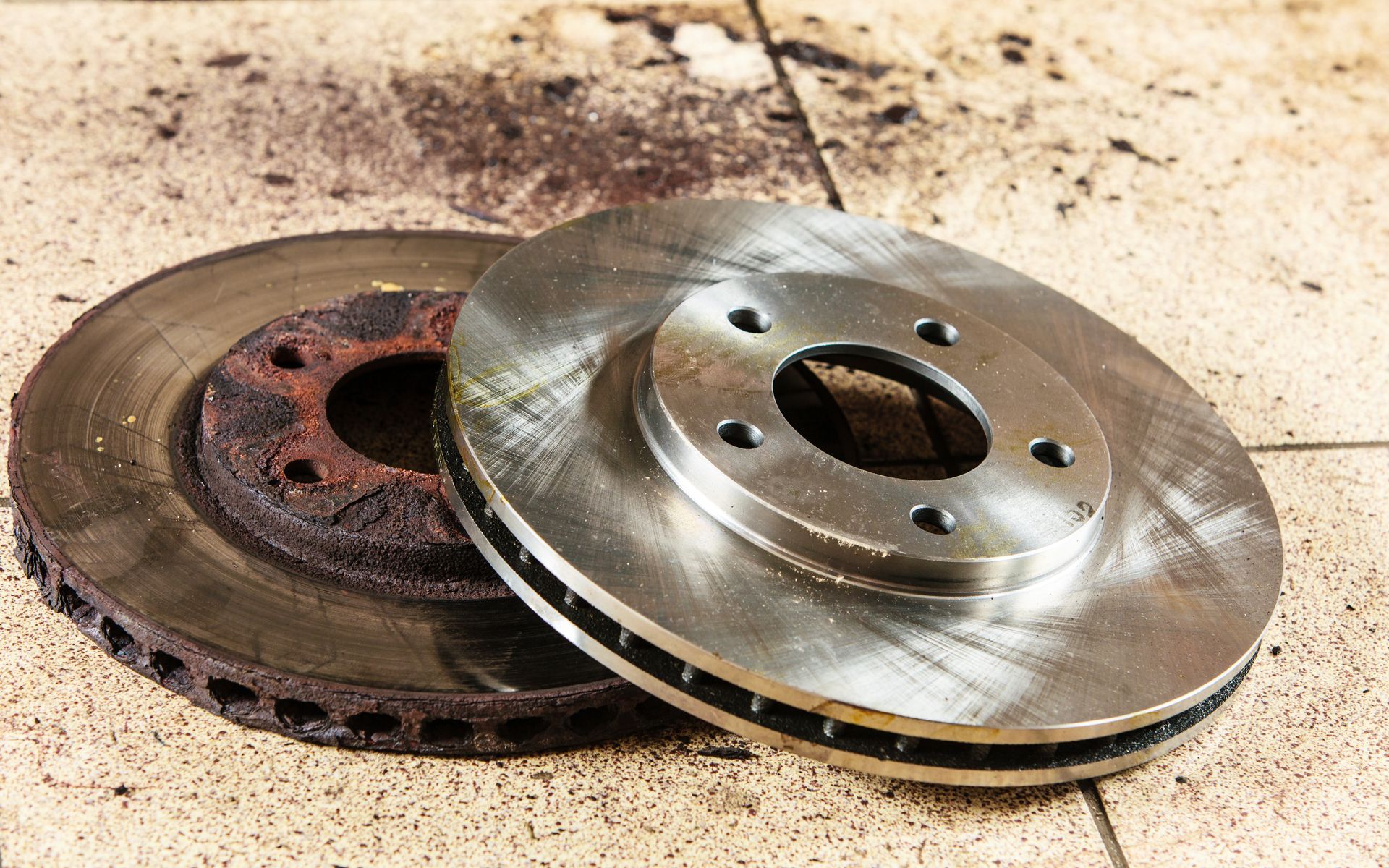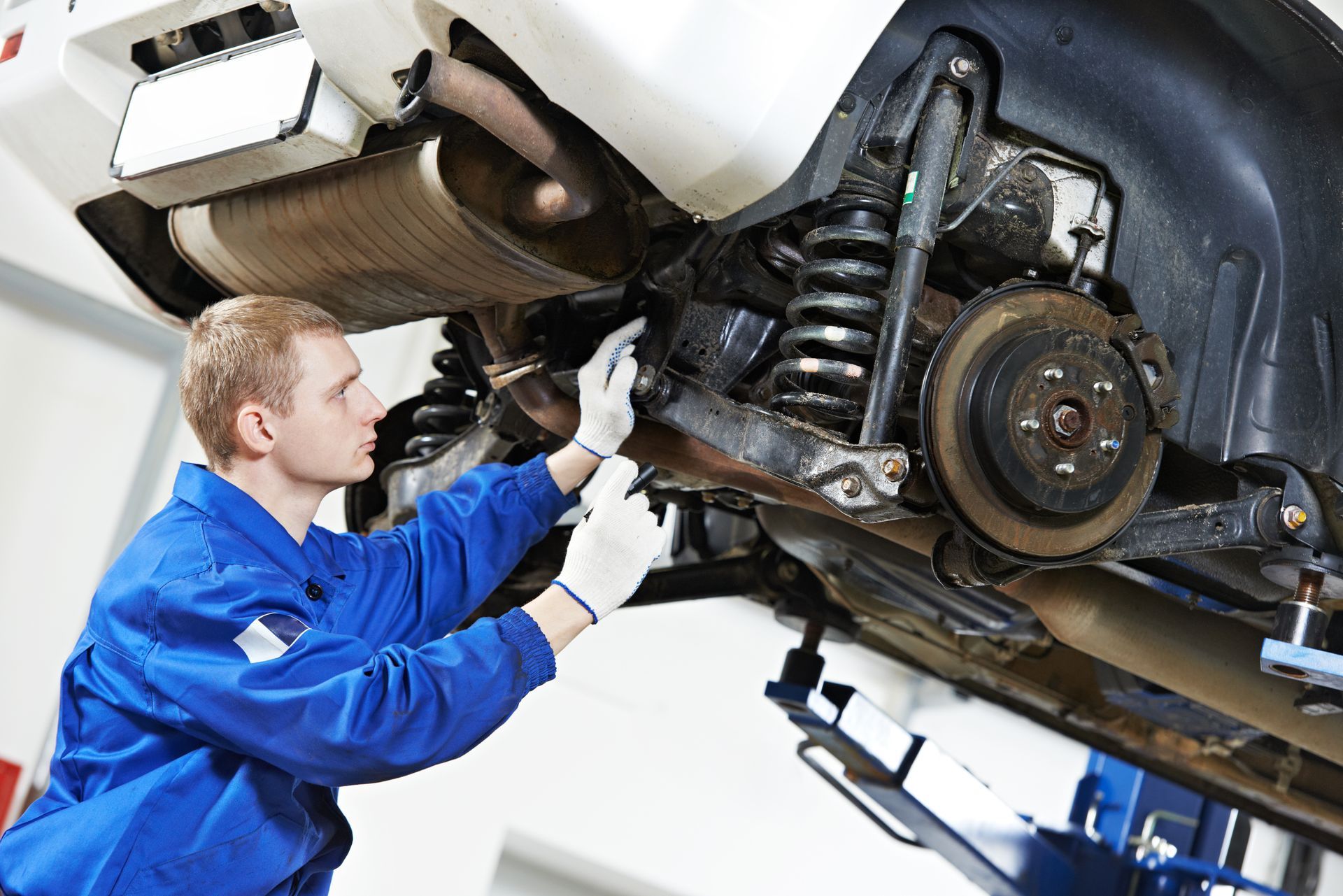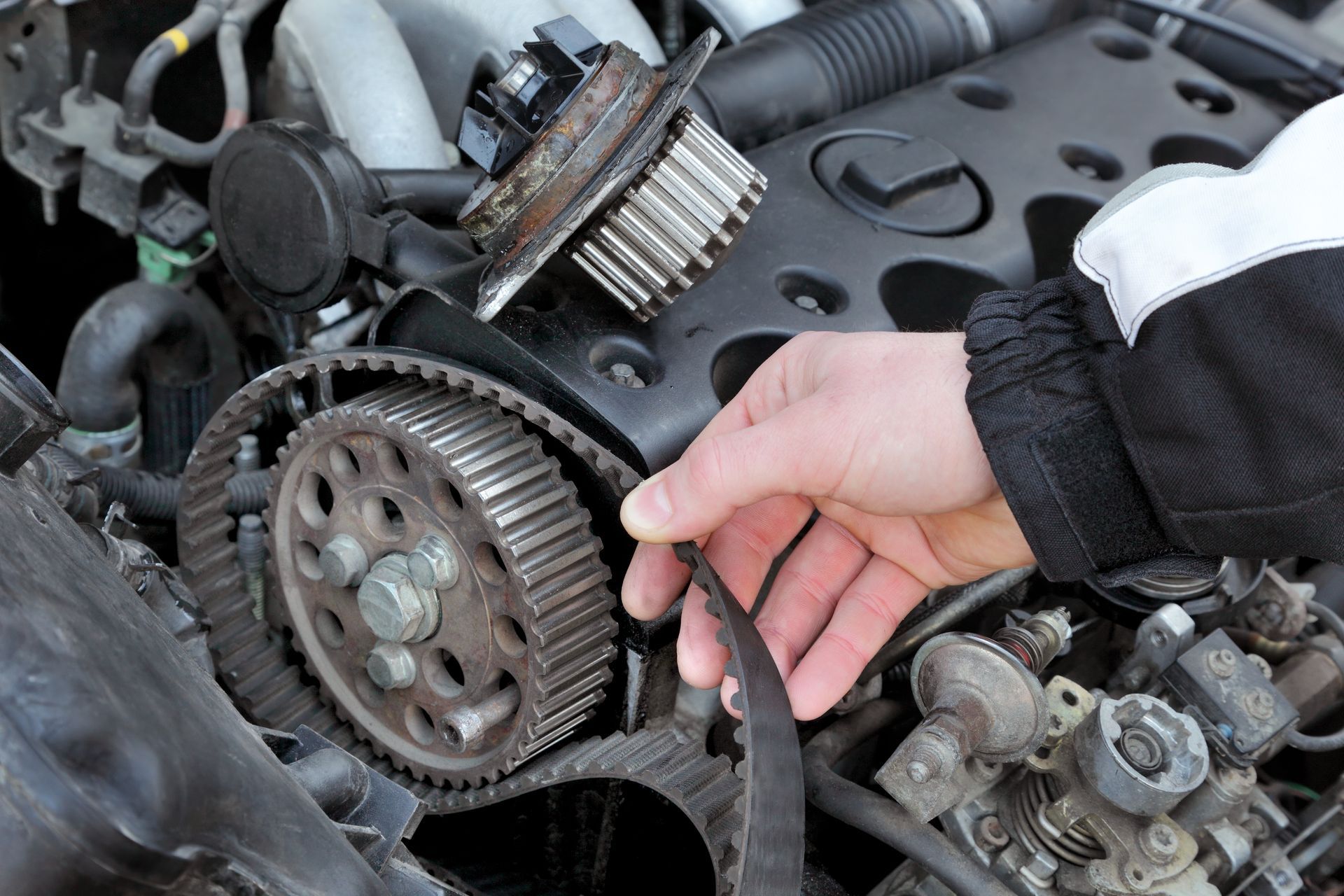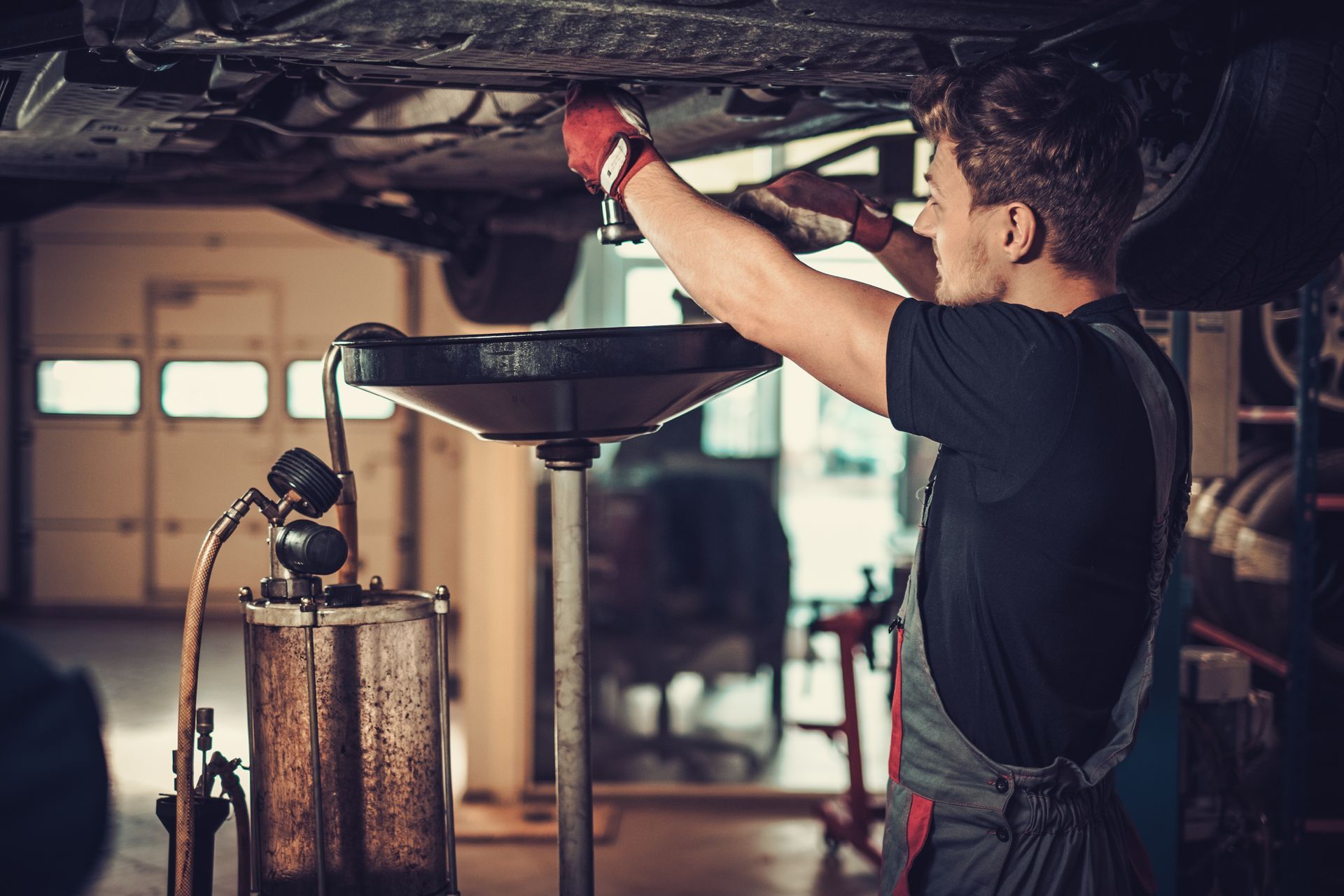In today's fast-paced world, our vehicles are often our lifelines, ensuring we get from point A to point B without a hitch. Keeping them in top condition is essential not just for safety, but for ensuring their longevity. One of the key factors in maintaining your vehicle's health is ensuring regular full engine service. In this blog, we'll explore why this is so crucial and how it can benefit you in the long run.
Understanding Full Engine Service
Full engine service involves a comprehensive examination and maintenance protocol for your vehicle's engine. This service typically includes checking and replacing essential fluids, inspecting engine components for wear and tear, and ensuring all system parts are functioning correctly. It's an all-encompassing approach that helps catch minor issues before they develop into major problems. During a full engine service, professionals might also assess the condition of your spark plugs, air filters, and other integral parts that contribute to overall engine performance.
One often overlooked element of full engine service is the timing belt inspection. A faulty timing belt can lead to severe engine damage if not addressed in time, highlighting the importance of regular checks. Another critical aspect is checking the vehicle's cooling system, which plays a crucial role in preventing overheating and ensuring that your engine runs smoothly. By keeping these elements in check, full engine service helps uphold your vehicle's health and reliability.
Why Regular Engine Service Matters
Regular engine service can help prevent unexpected breakdowns, improve fuel efficiency, and reduce the risk of costly repairs in the future. By taking a proactive approach, you are investing in the longevity of your vehicle. Consistent service is akin to regular health check-ups; it ensures that minor issues are detected and rectified early, preventing them from escalating into severe, costly repairs. Additionally, maintaining optimal engine performance results in efficient fuel consumption, which can translate into significant savings over time.
Ignoring regular engine service can create a domino effect of problems. For instance, if the engine oil isn't changed at the recommended intervals, it may lead to friction between the engine's moving parts, causing them to wear out faster. This wear and tear can eventually lead to engine failure, necessitating expensive overhauls or replacements. On the other hand, adhering to a regular engine service schedule can extend your car's lifespan and maintain its resale value—crucial for anyone considering selling their vehicle in the future.
The Role of Engine Service in Vehicle Performance
A well-serviced engine performs more efficiently, providing better power output and smoother operation. This ensures that your vehicle remains reliable and performs at its best, no matter the conditions. Consider the engine as the heart of your car; just as a healthy heart ensures the body functions optimally, a well-maintained engine guarantees your vehicle operates seamlessly. Regular engine service helps maintain the perfect balance between power output and fuel efficiency, allowing your vehicle to deliver peak performance while keeping running costs low.
Moreover, regular engine service also plays a vital role in reducing emissions, which contributes to a healthier environment. A well-tuned engine reduces the levels of harmful pollutants released into the atmosphere, making your vehicle more eco-friendly. In fact, proper and timely maintenance can ensure your engine adheres to the latest environmental standards, offering you peace of mind about your vehicle's environmental impact. By prioritizing full engine service, you're not just protecting your vehicle's performance, but also doing your part for the environment.
Spotting Warning Signs Early
Full engine service is crucial for catching potential issues early. Mechanics can often spot signs of trouble during service checks, giving you the chance to address them before they lead to larger, more expensive problems. For example, strange noises from your engine could signal a potential disruption that needs immediate attention. Similarly, if you notice that your vehicle is consuming more fuel than usual, it might indicate an underlying issue like a clogged air filter or a failing oxygen sensor.
Taking note of minor changes in your vehicle's performance can also alert you to potential problems. For instance, if your engine stalls or hesitates to start, these could be symptoms of ignition system faults, which are best addressed during a full engine service. In addition, unusual vibrations or rough idling can hint at deeper mechanical issues that, if handled early, can save significant repair costs later. By adhering to regular engine service, you empower yourself to tackle these warning signs promptly, maintaining your vehicle's optimal condition.
How Often Should You Get a Full Engine Service?
The general recommendation is to schedule a full engine service every 12,000 to 15,000 miles. However, this can vary based on the make and model of your vehicle, as well as your driving habits and conditions. Vehicles that endure tougher driving conditions, such as frequent towing or stop-go traffic, might require more frequent servicing. Additionally, older models or those driven extensively may benefit from shorter service intervals to ensure longevity and performance.
Keeping track of your service schedule prevents you from missing critical maintenance needs. Most modern vehicles come equipped with service indicators that notify you when it's time for engine service. However, it's always wise to keep a personal log of when your vehicle was last serviced and the kind of maintenance it received. Aligning your service schedule with manufacturer recommendations ensures that your vehicle continues to run smoothly and extends its operational life.
A Smooth Ride Ahead
Regular full engine service is an investment in your vehicle's future. By staying proactive and addressing potential issues before they become serious problems, you are not only extending the life of your engine but also ensuring your own peace of mind. Remember, a well-maintained engine is a happy engine, and a happy engine means a smoother, safer ride for you and your loved ones.






